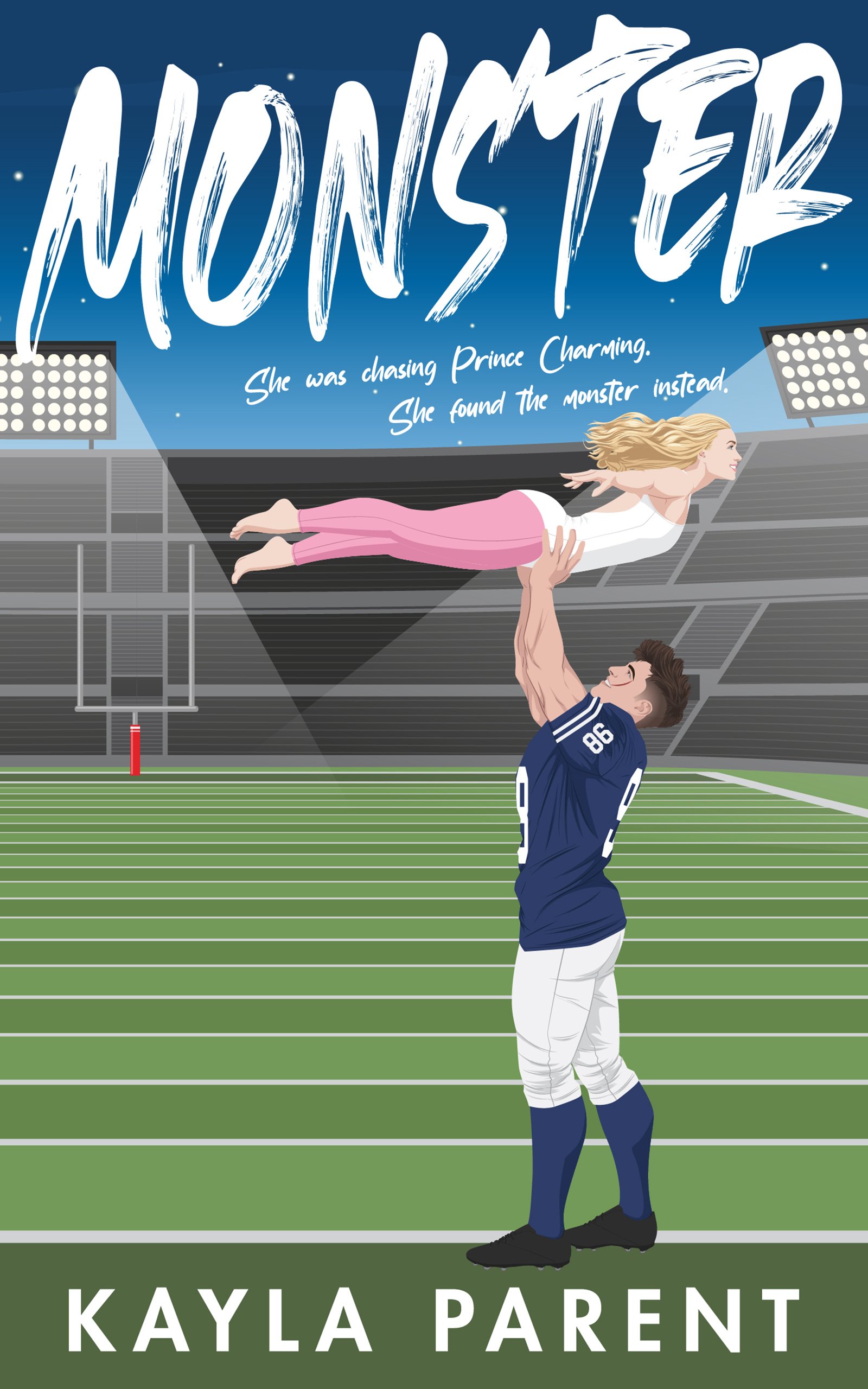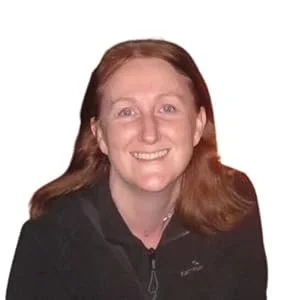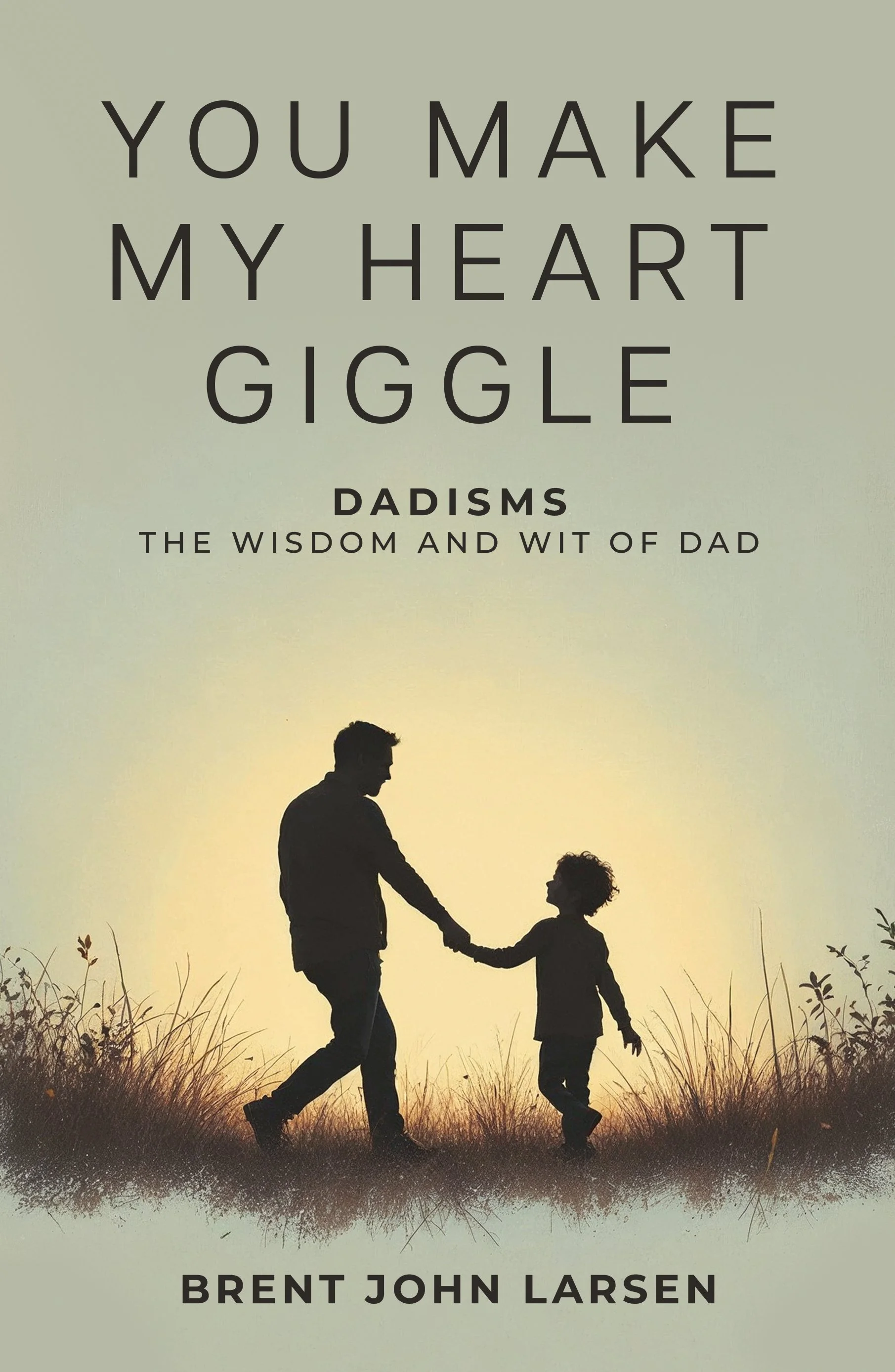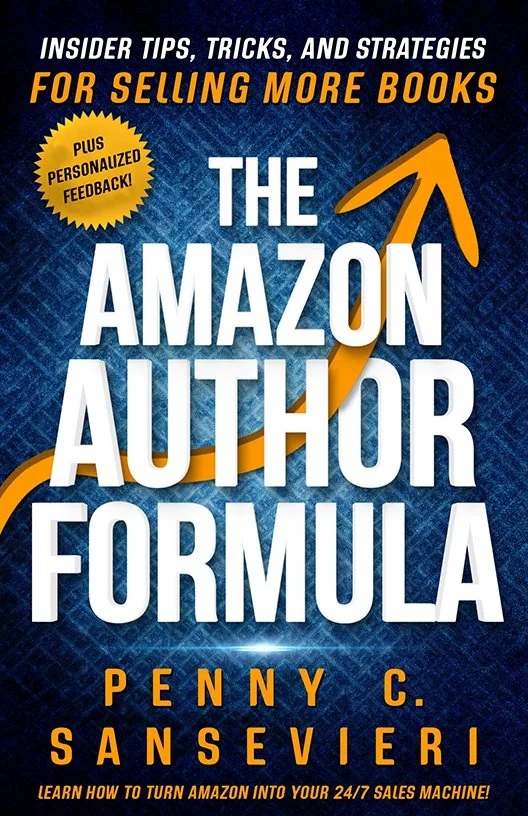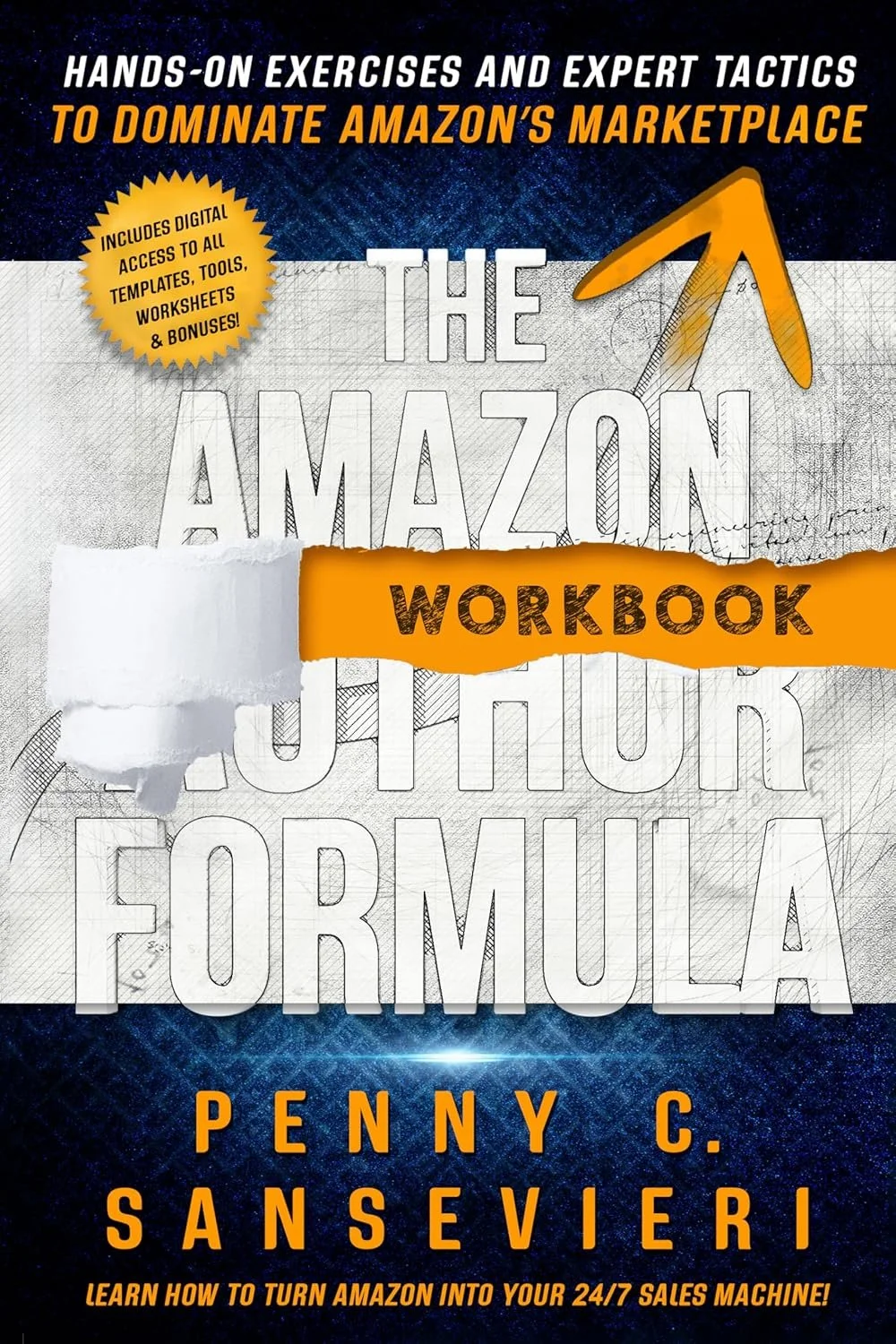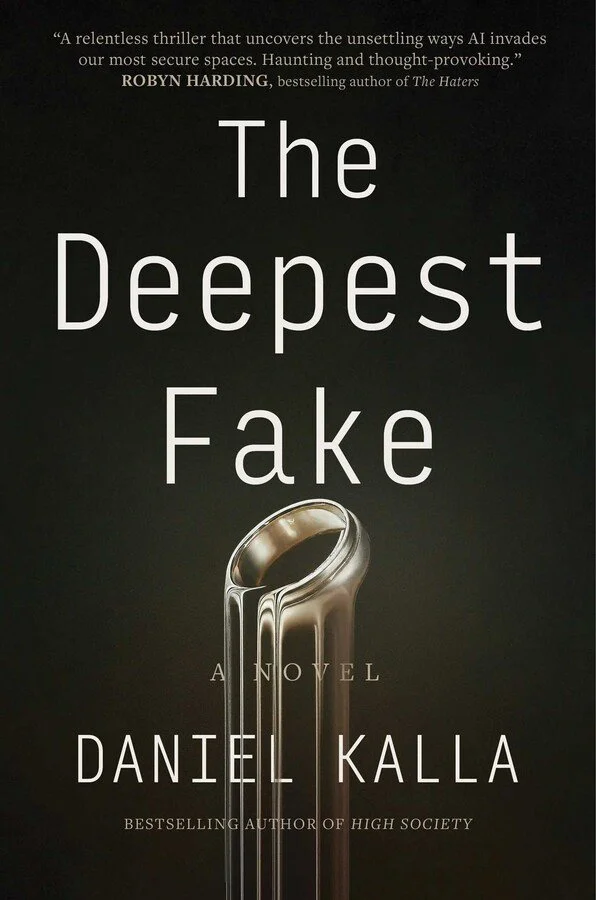From internationally bestselling author Daniel Kalla, whose thrillers are “impossible to put down” (Amy Stuart, #1 bestselling author of Death at the Party), comes a razor-sharp psychological thriller about a CEO whose carefully curated life is falling apart. His wife is cheating, someone is stealing from his AI company, and he’s just been handed a fatal diagnosis. He’d end it all, if only he could trust his own reality.
Liam Hirsch has it all—a loving family, a thriving career as CEO of an AI company, financial security, and a bright future. But when he’s diagnosed with a terminal illness, just weeks after discovering his wife’s infidelity, his perfect life unravels. As he grapples with his fate, he prepares to face his final days on his own terms.
However, unexplained events inside his company make him question everything—including his diagnosis. In a world of deepfake videos, synthetic voices, and digital deception, couldn’t these technologies be weaponized against him? What if nothing is as it seems?
With time running out, Liam turns to Andrea DeWalt, a private investigator contending with her own feelings of betrayal, to help him uncover a conspiracy that threatens his life, his family, and their future. In a world where nothing is as it seems and every digital footprint can be manipulated, who can Liam trust?
Excerpt
Liam Hirsch never seriously contemplated dying before his forty-ninth birthday—until today.
As he lets his electric Ford F-150 coast down the long driveway on this gray, drizzly Tuesday—a typical January afternoon in Seattle—he’s struck by the sheer size of the house he’s called home for seven years. It’s strange, this fixation on something so mundane. Am I still in shock? He wonders.
Liam grew up in a cramped rental on a cracked street lined by patchy lawns. He never imagined owning a house like this—a hundred-year-old Tudor Revival fully refurbished with white oak floors, Carrara marble, a chef’s kitchen, and three fireplaces—let alone living in Broadmoor, a gated enclave designed to keep people like him out. But none of it matters now, he realizes with a shiver. He won’t be living anywhere much longer.
He remembers the day they moved in. The twins, Ava and Cole, just eight years old, swarmed the house as though on an Easter egg hunt, their laughter echoing through the empty rooms. Celeste joined in, launching a pillow fight before helping Ava pin up posters of Ariana Grande and Shawn Mendes. Even after the kids fell asleep, his wife was still buzzing with excitement. They lay together on the living room couch, surrounded by empty boxes, her legs tangled with his as she eagerly detailed the renovations needed to put “the Hirsch stamp” on their new home. But now the memory sours. Liam, preoccupied with a glitch in his company’s app, barely registered Celeste’s words or appreciated what the house truly represented: the security he had always sought for his family.
Liam parks in the four-car garage’s only empty stall and sits there, staring at the bikes, skis, kayaks, and camping gear—each item a trigger for memories of family adventures that now feel like someone else’s. He’s going to have to avoid music, he realizes, or he won’t be able to hold it together. His hand hovers over the door handle. He wrestles with the same questions that have dogged him since leaving the doctor’s office: What do I tell Celeste? How do I break it to the kids?
He wonders if he should be as blunt as Dr. Hudson Chow was. Liam hadn’t gone to the neurologist expecting good news—he knew the muscle twitches in his legs, shoulders, and, of all places, his tongue were worrisome signs. But the grim look on Dr. Chow’s face told him everything before any words were spoken.
“Mr. Hirsch . . . it’s not good,” Dr. Chow said.
“We didn’t expect good, did we?” Liam replied with a forced smile.
“True, but we didn’t expect it to be this severe,” Dr. Chow said, his eyes unwavering. “The MRIs, the EMG, the biopsy—they all point to the same diagnosis: amyotrophic lateral sclerosis. ALS.”
The words knocked the breath out of him. “Like Stephen Hawking,” he whispered, visualizing the famed scientist slumped in his wheelchair, his head and neck contorted, reliant on a robotic voice to communicate.
“Yes, but like any disease, ALS has an unpredictable course,” Dr. Chow said. “Stephen Hawking lived for decades with it.”
“I won’t?”
“Your condition has progressed significantly since your last appointment.”
“You’re saying I don’t just have run-of-the-mill ALS, I have the aggressive
form?”
“We never classify ALS as run-of-the-mill, Mr. Hirsch. But yes, ‘aggressive’ would be a fair description.”
“And there’s no treatment?”
“There are two new medications that can sometimes slow the progression or lessen symptoms. I’ll prescribe them today.”
“They’re not cures?”
“No. At best, they might prolong functionality. Delay the onset of more symptoms.”
“Delaying it is the best I can hope for?”
“There are experimental therapies emerging. We could look for a study . . .”
The hesitation in Dr. Chow’s voice was enough. “But they don’t work, do they?”
“Not so far, no.”
Liam’s head spun. “So, I have months, at best?”
“In terms of functionality, yes, probably.”
“Functionality?”
Dr. Chow finally looked away. “If the disease continues to progress at this pace, you will likely lose much of your basic motor function within the next six to twelve months.”
Liam’s hands sat still in his lap. His calmness astounded him. Would it last? Could it? “You’re telling me I won’t be able to speak, walk, or even swallow in six months? Or sooner?”
“It’s impossible to predict with certainty, but . . . yes, there’s a good chance of that kind of progression.” Dr. Chow sighed, his expression so strained that Liam couldn’t help but feel a flicker of sympathy for him. “At some point in the near future, Mr. Hirsch, you’ll need to think about life support and how you feel about being placed on a ventilator. Perhaps you could come back with your wife . . .”
The shock must have set in then because the rest of their conversation is a blur.
Stunned, Liam wandered back to his truck, sinking into the driver’s seat and staring blankly at his reflection in the mirror. The man looking back seemed much older than he felt. Anger surged—rage at the injustice, at his body’s betrayal, at the world for spinning on while his life unraveled. He wanted to scream, to hit something, to release the pressure building inside him. But all he could do was sit there, silent, as the weight of his diagnosis pressed down.
Buy on Amazon | Bookshop.org

